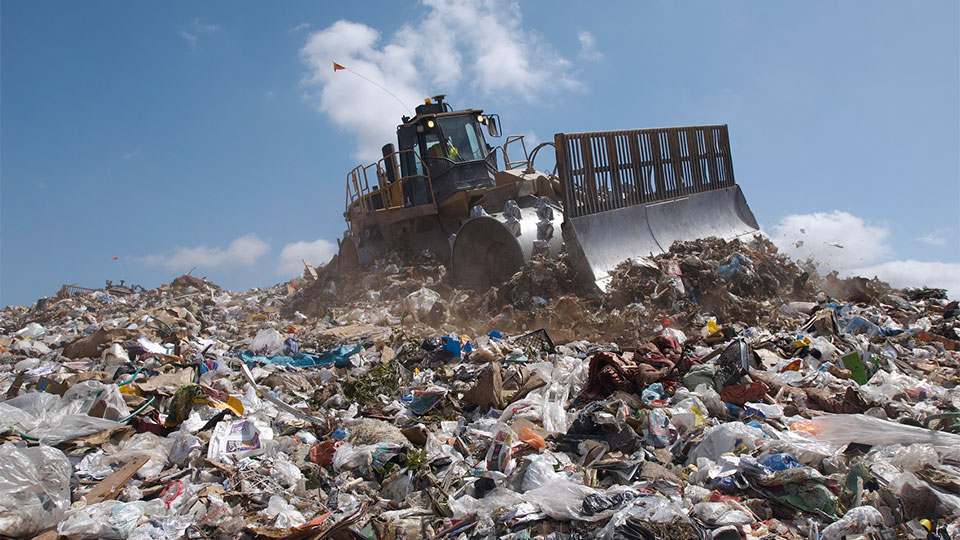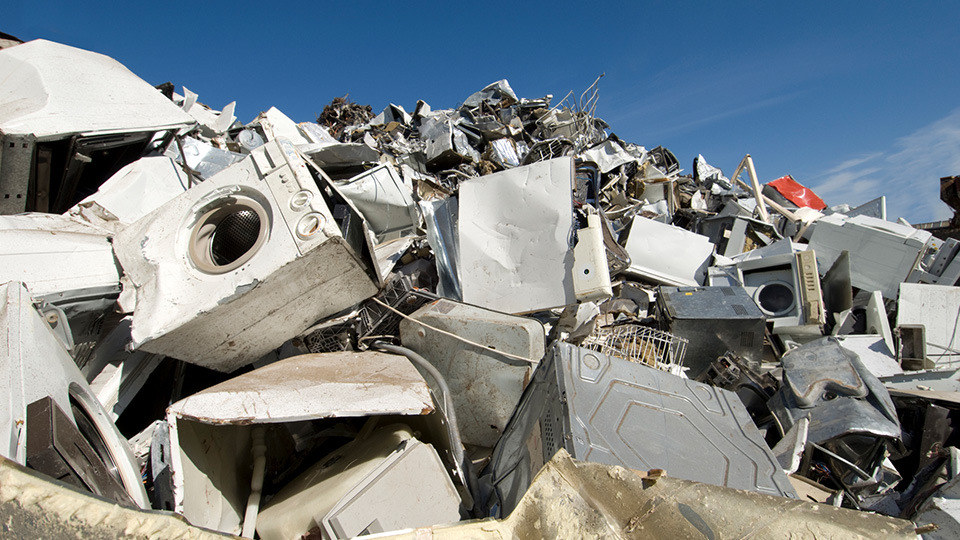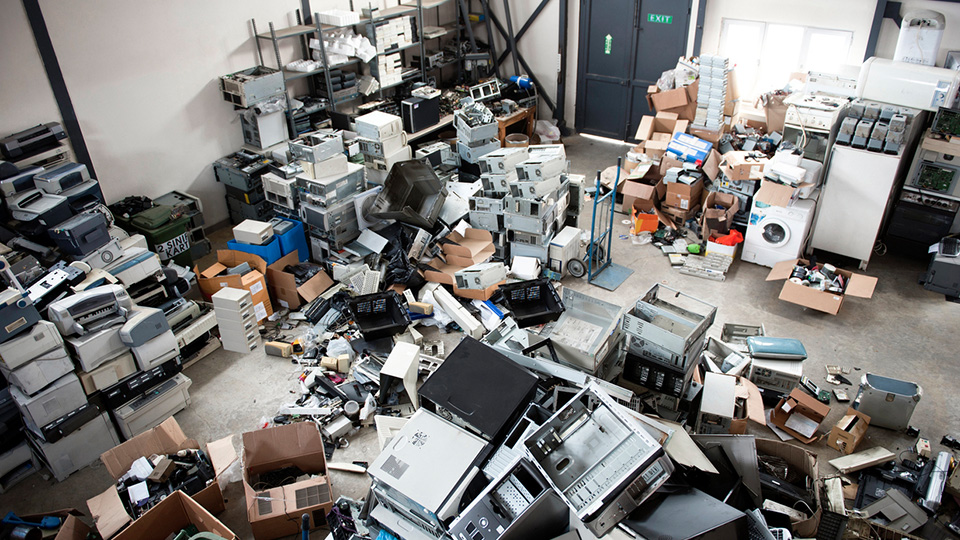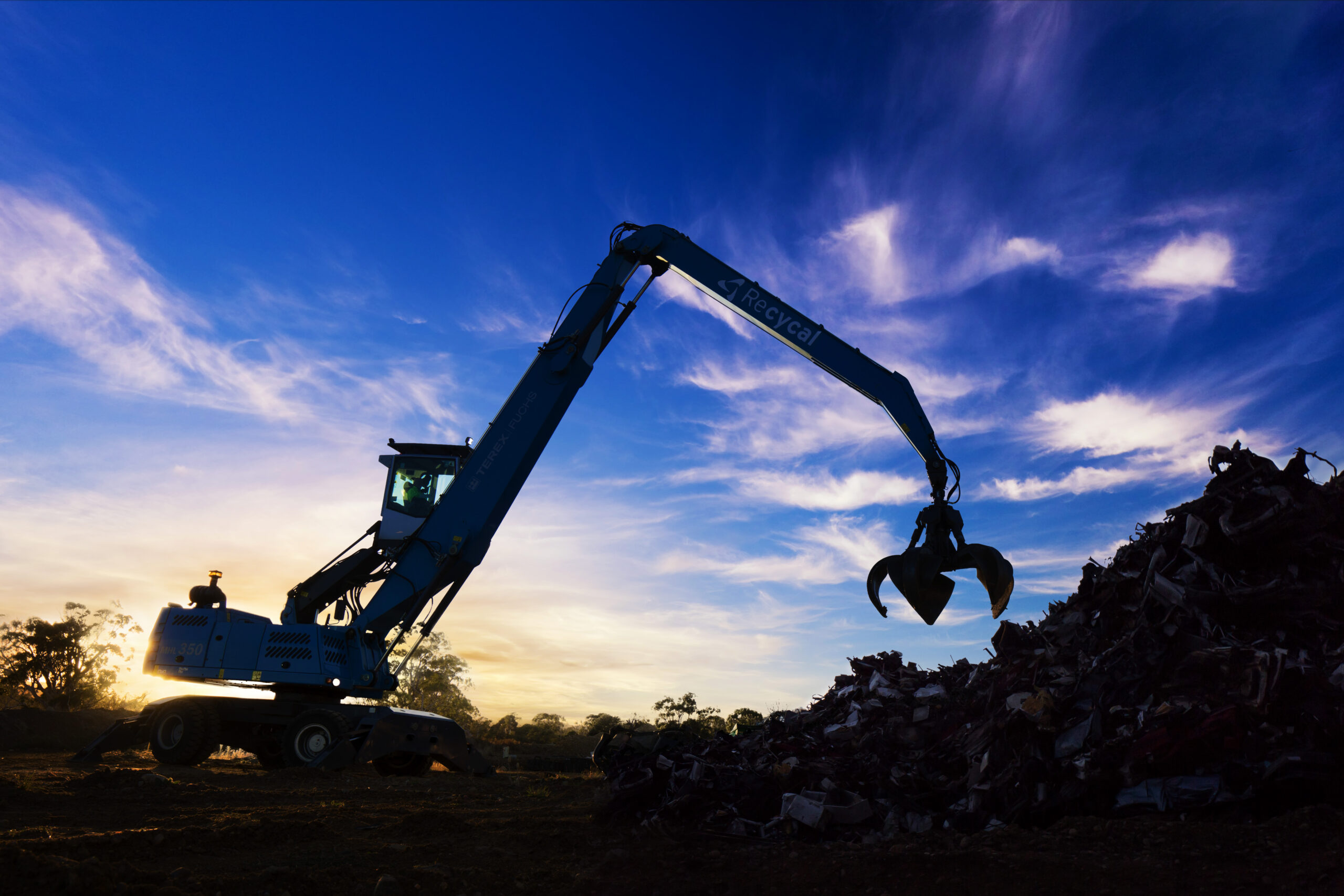When it comes to recycling batteries, Australia’s has a lot of room for improvement.
A detailed study commissioned by the Australian Battery Recycling Initiative (ABRI) in 2010 showed that out of a total of 11,904 tonnes of waste handheld batteries (those that weigh less than one kilogram) just 750 tonnes (pdf) were responsibly recycled. That’s a measly recycling rate of just 6.3%. Since then we’ve got worse. This year ABRI cited a recycling rate of just 3% for these batteries. Given that Australians get through over 400 million handheld batteries each year, the size this waste mountain is pretty staggering.
In contrast, the recycling rate for car batteries and large industrial batteries is over 85% which demonstrates what a bit of effort can achieve.
What About Other Countries?
Up to date data from most countries is hard to come by, but it looks like we are amongst the laggards of the developed world. In particular, European countries are setting the standard.
In the UK, the small battery recycling rate seems to be in the range of 10% – 32%, quite a way behind Germany at 44%. But it’s the Swiss who take the cake, recycling a massive 73% of spent handheld batteries! So how do they achieve it?
Secrets Of Success
A major driver of high recycling rates is legislation. In the European Union, the 2006 Battery Directive requires 45% of used batteries to be collected by 2016. Although the directive only requires half of this volume to be recycled, that’s the likely fate for all collected batteries.
Convenience is also a big factor. In Switzerland old batteries can be dropped off at supermarkets and retail shops. Doing the right thing also delivers an indirect financial incentive. By exceeding the government’s target of recycling 75% of all currently recyclable items the Swiss have avoided the introduction of a recycling tax.
It also helps that manufacturers such as Energizer are beginning to include materials from recycled household batteries in new batteries. The recycled content may only be 4% at present, but Energizer hopes to increase this to 40% over coming years.
Voluntary industry-backed recycling schemes also have a part to play. Australia is moving in this direction with discussion is underway (pdf) on developing a local Handheld Battery Product Stewardship Scheme.
Knowledge And Attitude
In the meantime, the most effective things we can do to drive up the rate at which we recycle batteries are to spread the word and make a personal commitment.
Battery recycling is already a happening thing in Australia and there are plenty of convenient locations to drop off batteries for recycling.
To make it even easier, why not set up a battery recycling program within your workplace? Just get one of our prepaid battery recycling buckets and encourage your workmates to bring their spent batteries from home.
Then spread the word. Help to create an attitude of recycling amongst your friends and colleagues. If we get our act together, we’ll soon be showing the Swiss a thing or two about effective battery recycling.
Get Started Recycling Today
For commercial quantities of batteries, give us a call on 1300 32 62 92 or fill out the form.
One of our battery recycling specialists will be happy to design a resource recovery solution that’s right for you.






